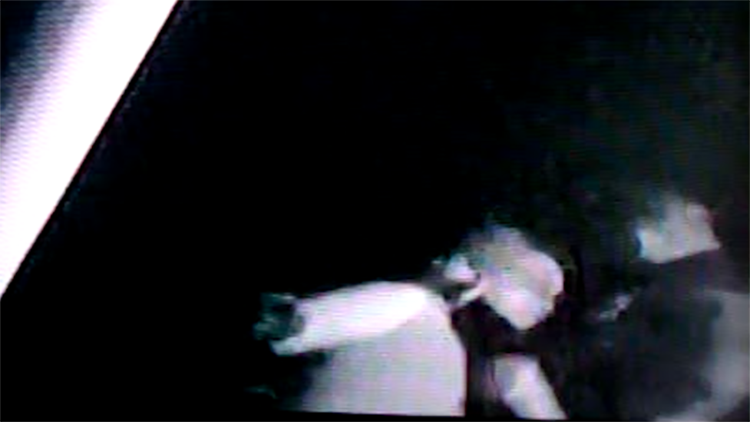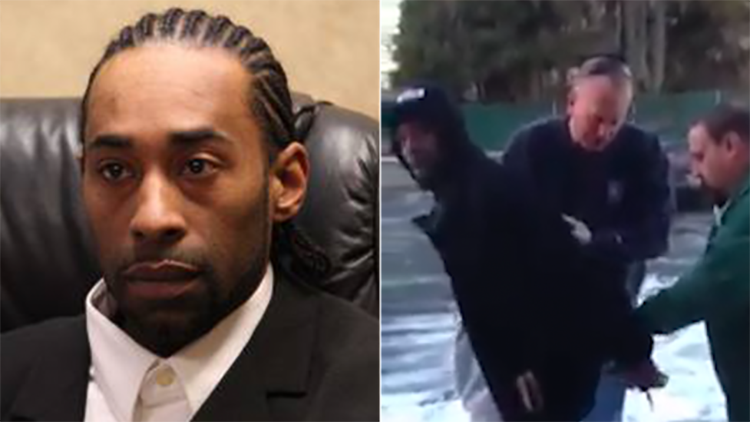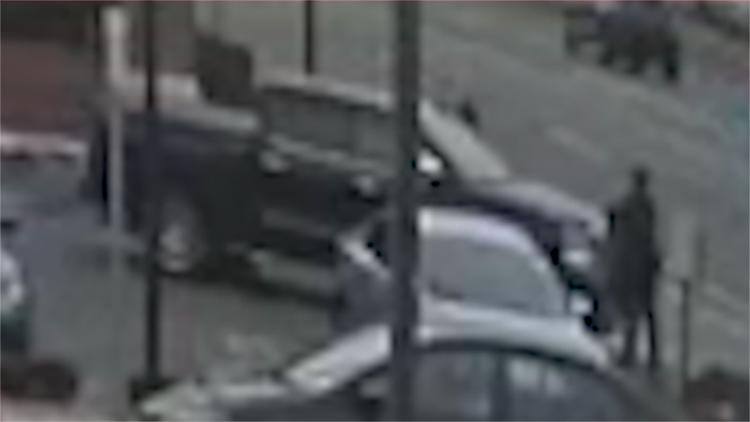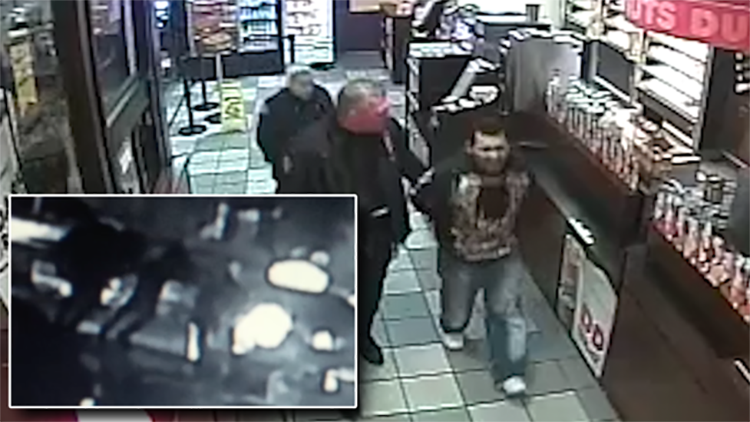New York last summer cemented into law the public’s right to record police officers as they do their jobs.
After protests against the police killing of George Floyd in Minneapolis, Gov. Andrew M. Cuomo in June signed the “New Yorkers’ Right to Monitor Act.” The law affirms that citizens may video officers in public, as long as they do not hinder the officers’ actions.
Federal courts — though not yet in the circuit covering New York — have also ruled that recording police is covered by the First Amendment prohibition against government abridging freedom of speech or the press.
The Nassau and Suffolk police departments have each paid six-figure settlements within the last seven years to people that alleged their civil rights were violated following arrests while recording officers.
At least one case with similar allegations remains active.
“With the prevalence of cameras both in the public and private sectors, members should assume that their actions are being recorded at all times,” Nassau Police Commissioner Patrick Ryder wrote to officers in a memo last August.
The memo notes that members “shall not interfere with individuals recording a law enforcement activity by intentionally preventing or attempting to prevent that person from recording.”
Suffolk’s policy was updated in 2013, two years after officers arrested a videographer documenting the end of a police pursuit in Bohemia. The county paid the man, Phil Datz, $200,000 to settle a false arrest claim.
“The department recognizes the taking of photographs and/or videos by private citizens and media personnel is permitted within areas open to general public access and occupancy,” Suffolk’s policy reads.
In December 2019, Nassau County paid $175,000 to settle civil rights claims by Kassim Oliver and Joanna Pippins, who alleged that they were tackled and arrested outside their North Bellmore home in 2012 because they were attempting to record officers’ struggle with a family member. The county in 2020 also agreed to pay $30,000 to Adonay Pineda Alcantara, who alleged that officers beat and arrested him after he picked up his cellphone to record a disturbance between police and partygoers outside a New Cassel home in May 2016.
In the active case against Suffolk, Antonio Cruz, then 16, was gathered with friends in the backyard of a St. James home in April 2016 when police arrived and dispersed the crowd. After being directed across the street, Cruz began recording officers and attempted to photograph their badge numbers to document “unprofessional behavior,” according to his civil rights complaint.
In response, the complaint alleged, the officers threw him to the ground and punched, kicked and struck him with a flashlight.
The county has engaged in settlement negotiations under a confidentiality order that bars parties to the lawsuit from disclosing details, according to court records. Cruz’s attorney didn’t respond to requests for comment.
“What’s clear is that police can’t just demand someone stop recording,” said Stephen D. Solomon, a New York University professor of First Amendment law. “There has to be some kind of interference by the person recording.”
Constitutional law experts said that a bystander pointing a cellphone camera can unlawfully obstruct officers by, for example, making physical contact during a disturbance or ignoring an order to back up. On its own, taunting or commenting on an arrest while recording generally does not justify arrest, the experts said.
John Jay College of Criminal Justice Professor Hermann Walz said he believes most officers accept being recorded, even if some react negatively.
“When you watch some of these videos, clearly they don’t want to be taped,” said Walz, a former prosecutor in Brooklyn and Queens. “But I don’t think they care as much anymore, because if they’re realistic, they can’t do anything about it.”


 CASE N0.1
CASE N0.1
 CASE N0.2
CASE N0.2
 CASE N0.3
CASE N0.3
 CASE N0.4
CASE N0.4